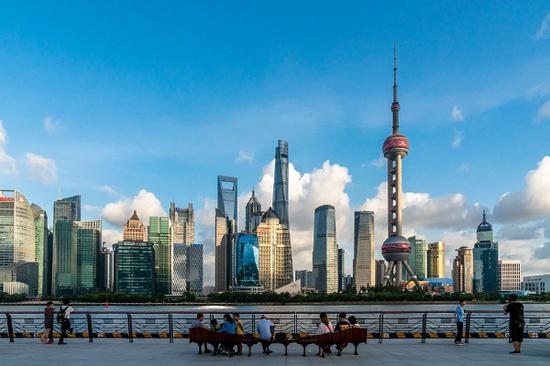
Lujiazui, Shanghai's financial center, forms a perfect backdrop to Shanghai's Bund. (Photo by Wang Gang/For China Daily)
Cacophony created by construction, social gatherings to be addressed
Shanghai, a bustling metropolis home to nearly 25 million residents, has introduced a comprehensive three-year plan to enhance noise prevention and control.
A key objective outlined in the plan is for Shanghai to meet national nighttime noise compliance standards across all functional zones by 2025. And by 2026, the city aims to make significant strides in its overall noise management to create a peaceful and harmonious social environment for its residents.
Central to the plan are crucial measures such as the implementation of automated noise monitoring and digital management platforms to strengthen the city's ability to address the problem.
The plan also emphasizes enforcing noise control measures in urban areas and increasing supervision of noise pollution at construction sites.
In the industrial sector, the plan mandates noise pollution permits for key industrial sources and advocates for source control in industrial parks.
In terms of transportation, measures will focus on curbing noise from vehicles and ships, as well as enhancing noise control along highways, urban roads, railways and aircraft routes.
Efforts to control community noise will concentrate on enhancing regulations for commercial and public spaces, promoting quiet community initiatives and encouraging public self-regulation.
Yan Bo, director of the Shanghai Municipal Bureau of Ecology and Environment, which formulated the plan in collaboration with multiple departments, highlighted the importance of public participation in the plan. Initiatives are aimed at integrating noise control into city programs and enhancing public awareness to encourage community involvement, Yan said.
During a live interview on Radio Shanghai on April 17, Yan noted that the highest proportion of noise complaints stems from social noise such as square dances and residential renovations, which make up nearly 70 percent of total complaints. Construction noise, including nighttime construction and road projects, accounts for 25 percent of the complaints.
Yan emphasized the need for a balanced approach in social noise regulation, stressing the importance of grassroots governance alongside enforcement measures. The director said the city's relevant departments are preparing to introduce a regulatory mechanism for managing noise in public spaces to promote social self-governance.
To address the issue of nighttime construction noise complaints, the government plans to collaborate with building departments to reinforce the responsibilities of construction and contracting parties, according to Yan.
Developers will be required to allocate resources for noise reduction measures in the early stages of construction to ensure eco-friendly practices. Failure to declare nighttime construction activities will lead to stringent enforcement actions, according to the plan.
"As per the three-year action plan, we will refine management measures by combining strictness and flexibility, with regulations and laws acting as mutual constraints," Yan said. "By implementing both enforcement and proactive measures, our aim is to reduce decibel levels and enhance the happiness index."
Shanghai implemented its first regulation against noise pollution on March 1, 2013, and has since been updating and revising related management rules to address the evolving circumstances in the city. Notably, in response to complaints about commuters using loudspeakers to view streaming services, Shanghai became the first city in China to restrict the use of loudspeakers on its subway system in December 2020, a measure later extended to the city's buses.









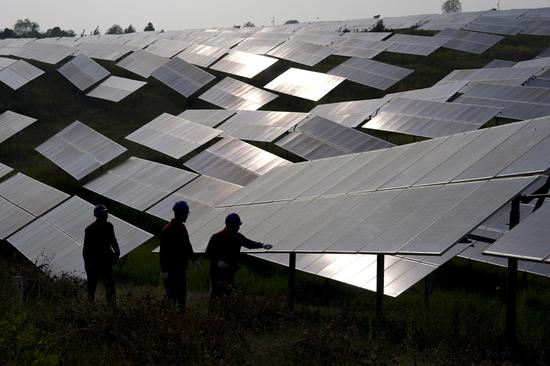

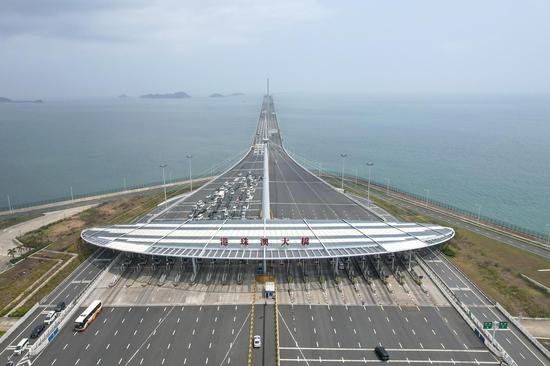
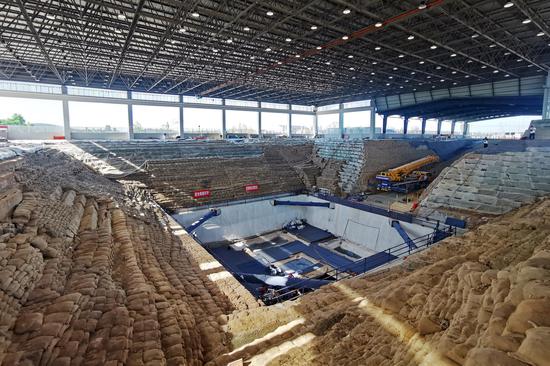




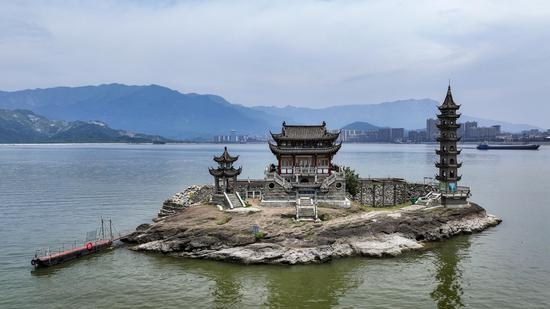
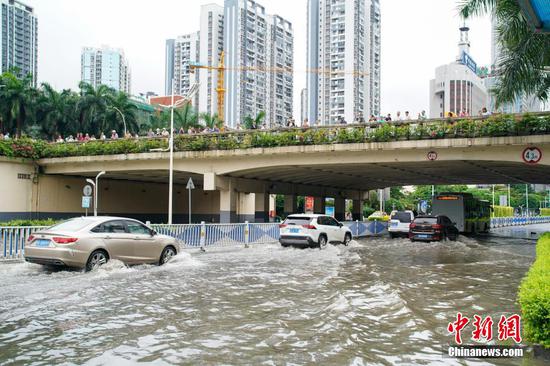





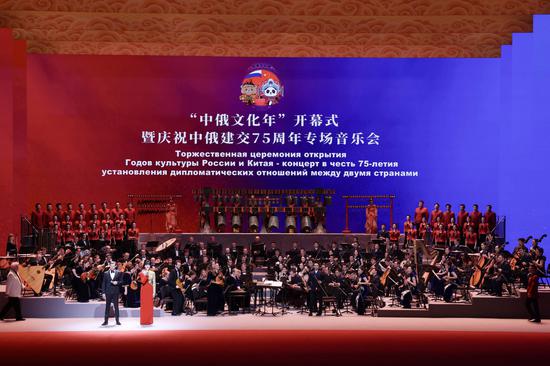


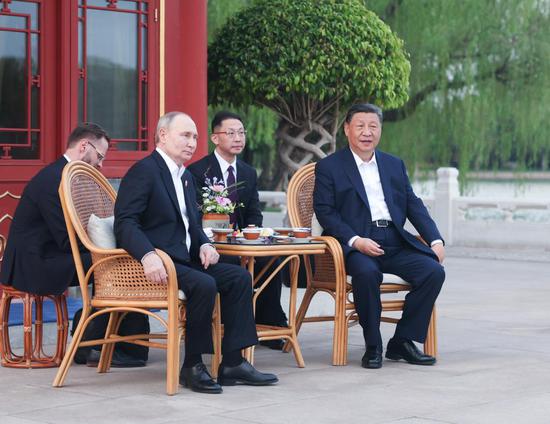
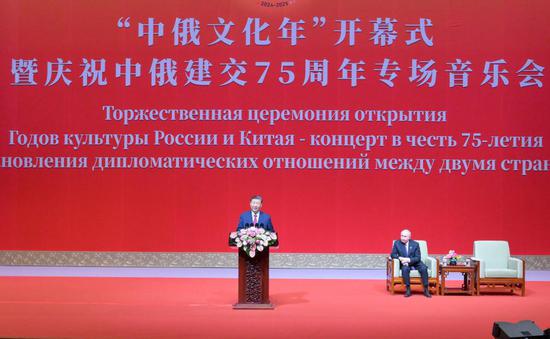




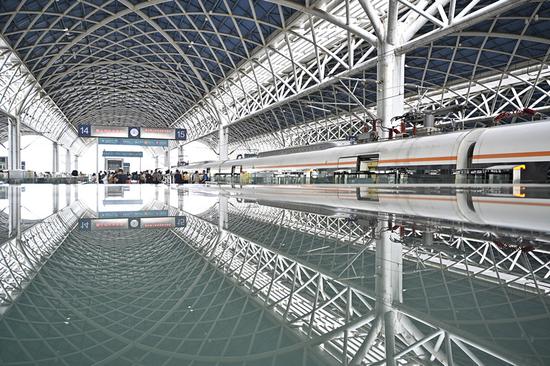








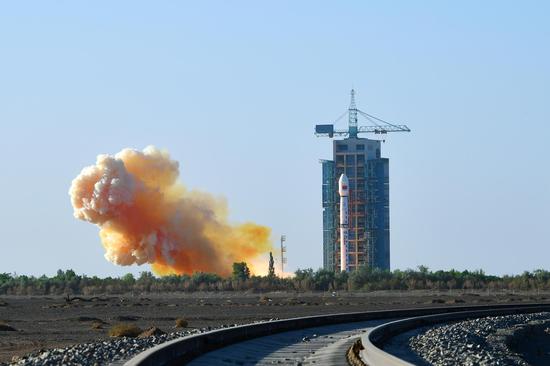







 京公网安备 11010202009201号
京公网安备 11010202009201号